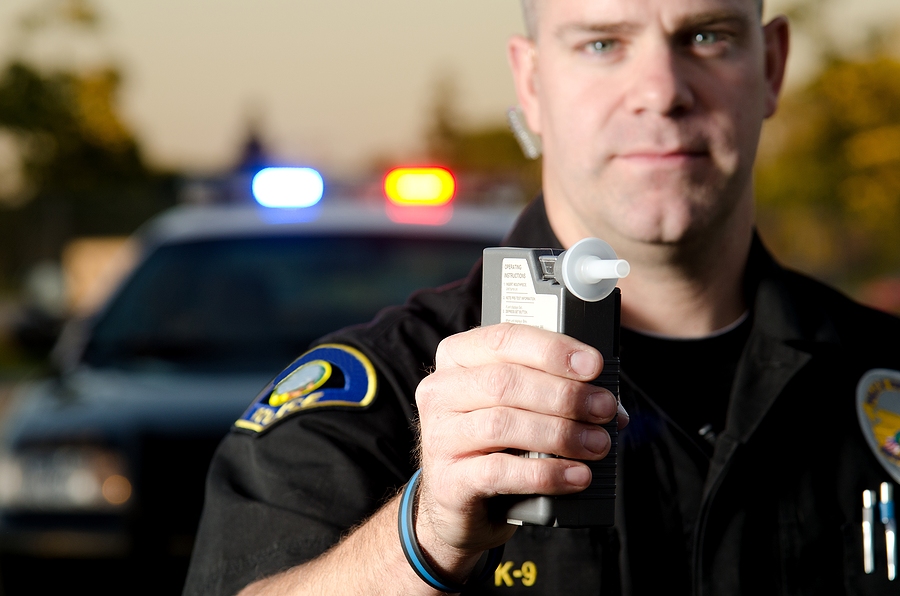Let’s talk about our nation’s veterans and what the courts can do to help them if they’re charged with a crime. There are a number of programs in place for veterans who’ve been charged with crimes. These are what they call diversion programs and a diversion program, at essence, is simply kind of like a form of probation, but if you’re successful, it typically involves some type of treatment. Sometimes this ends up being community service, but if successful, you’re never arraigned on the charge. It never appears on your record and you’re able to keep your record clean as a result.
Valor Act
The first program is called the Valor Act, which is available to anyone with what they call a history of military service. That includes the service you would normally think of, such as the Army, Air Force, Marines, Coast Guard, Navy of course, as well, as well as service in the National Guard. It doesn’t require you to have participated in a war or anything like that, but have that history of military service. And don’t worry, that’s all going to get confirmed by probation. There’s nothing specific you have to bring in. It’d be helpful if you brought in your discharge papers, your DD214 or something like that. But probation will confirm that with the Department of Veterans Affairs. So you don’t have to worry about if you don’t have paperwork proving your military service. It’ll be able to be shown by probation.
The other thing you have to have is no prior adult convictions of any crime. What I mean by adult is, anything since you turned 18. So, if you have a juvenile offense for something, that doesn’t count for the Valor Act. It has to be no prior adult convictions for anything. This is only going to apply to either the District Court or the Boston Municipal Court, both sort of what they call district level courts. If you have a case in the Superior Court, which is typically speaking much more serious, the Valor Act doesn’t apply to any charges brought in the Superior Court. The other requirement you have to have is that the charge itself has to be serious enough that there is potential for imprisonment. In other words, in the statute, say, as opposed to just a hundred dollar fine, that you could go to jail and with all that you could qualify under the Valor Act.
Now how this works — when you go to court for the first time to be arraigned, prior to being arraigned, which you want to do when you check in with the probation officer. It’s important to tell them that you’re a veteran, you have some history of military service, so they can confirm that that’s true. What’s going to happen from there is you have to ask the court for permission to continue your arraignment. In other words, you’re not going to get arraigned that day, but you do need the court’s permission to continue that arraignment, and typically speaking, the Act talks about 14 days. It can be longer if the court allows for it, but it’s usually no less than 14 days the arraignment is continued. And that’s so that you can get an assessment done. The assessment is done by the Department of Veterans Affairs, Veteran Services or a related health specialty. So in other words, if you have mental illness or something like that, you can get an assessment by a doctor that’s allowed and approved by the courts in order to do this.
During those 14 days, essentially what’s going to happen is you’re going to get this assessment done. You’re going to go in, talk to the particular psychiatrist, a psychologist or doctor, and they’re going to write a report. That report is to talk about any potential issues you have and how you could benefit from some form of treatment. Treatments are what we’re talking about here. For this particular diversion program, they want to put you in, again, some type of a treatment program. It doesn’t mean that you’re going to be locked up during the treatment, but it’s just that you receive some sort of treatment, usually outpatient treatment, whether it means talking to a counselor, a psychologist, in a group setting. But the idea is the report is going to outline for the judge what type of treatment might be beneficial to you.
The judge can review the report and they can make the decision to allow you to continue towards this diversionary program under the Valor Act. From there, if they agree, they will continue your case for at least 90 days. The 90-day period is so that you can try to complete this particular program. Now let’s just say the program takes longer. The particular program at issue says is a six-month program, that’s okay. You’re going to come back after 90 days. Your progress will be explained to the judge by probation, by your lawyer. Typically speaking, they will allow for further continuances and further stays of the prosecution, meaning no arraignment, nothing going forward with the case while you’re in treatment. And that’ll happen until you get through the treatment.
If you complete the treatment, you get through all the treatment and the conditions that they set for you and they talked about in the report, the court has the discretion at that point to say you’ve completed your diversion program and your case may get dismissed. This is not an automatic thing. Just because you do everything the court said you’re supposed to do, it’s still on the judge’s discretion. Everything in this thing is discretionary upon the judge. If you read the law, it says the judge may give you the 14-day continuance. Judge may stay the case for 90 days. The judge may dismiss the case at the end of your diversion program. So it’s really important to understand that even though this is a law that’s put out there and most of the judges subscribe to it, the particular circumstances of anyone’s case could cause a judge to say, “I’m not going to do that.” It’s very much in the judge’s discretion. That’s why they use the word may throughout.
Brave Act
Many times, most of the provisions of this Act are very similar to the Valor Act. You need to have history of military service. You also need to have no prior adult convictions for any type of crime. You can’t have any open warrants or cases anywhere. In addition, one of the other requirements is that you also can’t have any prior convictions for drunk driving, including alcohol or drugs or any sort of drunk or drug driving. Additionally, you can’t have any prior convictions for those in order to qualify for that which includes juvenile. So if you’re 14 or 17 years old and you picked up a drunk driving case, the Brave Act isn’t going to be able to help you.
Another requirement that is different from the Valor Act is you have to have been diagnosed with either a traumatic brain injury, a mental illness or substance abuse, which can be shown by the doctors and medical personnel to be somehow connected to your military service. So a traumatic brain injury could be obvious. Maybe you served in combat and you were involved in some sort of an explosion or, again, you were just attacked in some way. It caused traumatic brain injury. Concussion is a type of traumatic brain injury. Substance abuse, again, some people suffer from PTSD and they have to self-medicate. So they develop coping mechanisms through alcohol and drugs to deal with the different issues that were caused by their service. Mental illness sort of speaks for itself. But again, you’re suffering from some form of mental illness that’s connected to your military service, not something that you essentially had before, or at least not to this particular degree. You’d have to demonstrate that by a doctor.
Other than that, the requirements are very similar. Regarding continuing the case for those 14 days to get an assessment, to show that there is some form of treatment that could be beneficial to you. And again, just like the Valor Act, your participation in these programs, if you’re successful, it could result in your case getting dismissed.
Let’s discuss another scenario — say “ I got into the program and the judge seems to be on board with this, but I screwed up. I got kicked out of the program or I picked up another case or I did something I wasn’t supposed to do. What happens to me then?” And essentially what happens in that case, in both the Brave and the Valor Act is the court?
They could say, “You screwed up. You’re getting kicked out of the program. We can give you another chance and try and get you into a different program or back into the same one, or we can just prosecute the case. In other words, we’re going to bring the case forward. We’re going to reign you on the case and you’re going to be prosecuted just like anybody else, because we gave you the chance and you didn’t follow through, and this is the penalty for not doing so.”
And then you get to defend the case like you could in the beginning. So if you have a good defense to the case, you can bring it. The point of the Valor and the Brave Act isn’t to strip you of that, but it’s just to make it a little bit easier to keep this off your record and make sure the case goes away prior to arraignment if you’re doing the right things.
Now, the good thing to keep in mind too, is because you’re providing all this information, potentially to the doctors, to the courts, is that anything you said, so if you said anything during an assessment or during treatment that implicates you in the case, those statements can’t be used against you. So they want you to be open and free while talking to both the assessing therapist, as well as any therapist related to the case. Any statements you made during those assessments or anything related to the Brave or Valor Act while you’re participating, they’re not going to use those statements against you later if they’re going to try and prosecute you in the event you did get kicked out.
If you have any questions about either the Valor Act or the Brave Act, whether your case qualifies or anything like that, please feel free to leave a comment, shoot me an email, give me a call, I’d be happy to speak with you about it.
Side note: Particularly, we are grateful to our nation’s veterans here. My dad and grandfathers all served in the military. I didn’t have the privilege of doing so, but I am grateful to all the members of the military and the veterans who’ve helped this country.






